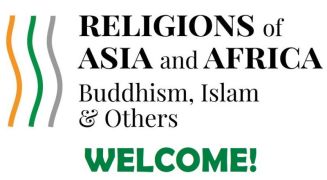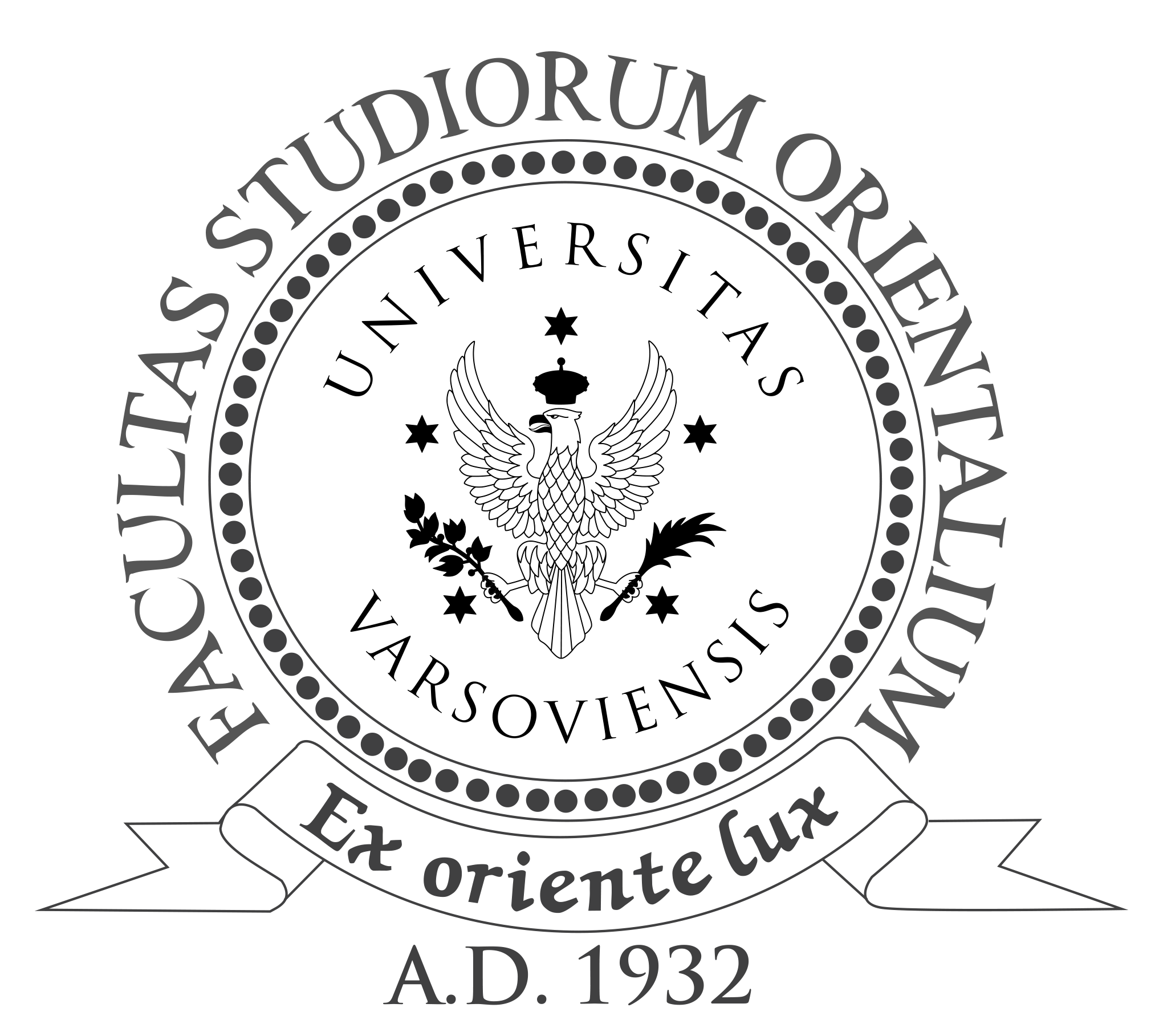Religions of Asia and Africa: Buddhism, Islam and Others
- Field of studies: Religions of Asia and Africa: Buddhism, Islam and Others
- Field of studies in Polish: Religie Azji i Afryki: buddyzm, islam i inne
- Level of education: second cycle
- Form of studies: full-time
- Language of lecture: English
In 2021 the Faculty of Oriental Studies enriches its offer by starting the unique study program “Religions of Asia and Africa: Buddhism, Islam and Others” at M.A. level which focuses on studying a number of religions which for centuries have formed the basis for morality, legal principles and culture in Asia and Africa. The program provides a necessary comparative research perspective and facilitates carrying research on the religions of Asia and Africa.
The program, conducted solely in English, is interdisciplinary in nature. During their studies students learn the methodology of religious studies. The emphasis is placed on Buddhism and Islam (including history of their dissemination, main figures, denominations, religious literature, arts and symbols, terminology, current issues and propagation of these religions in the West) contrasted with the background of other religions and in the context of their impact on society. In order to facilitate studying of Asian religions students learn one of the selected languages, Tibetan or Arabic, enabling them to better comprehend religious terminology.
The unique element of the program is the cycle of workshops, conducted in cooperation with followers of Buddhism and Islam, aimed at practical implementation of knowledge obtained during courses and establishing a direct dialogue facilitating mutual understanding. These workshops provide students with a chance to improve their skills and competences in communication with regard to culture and religion, understanding religious notions and symbols, as well as resolving religious conflicts and winning business partners.
Owing to the knowledge and skills acquired during studies, the graduate will be ready to perform various roles in the global society, working towards understanding of religious diversity and its importance in shaping contemporary society and the world in general.







